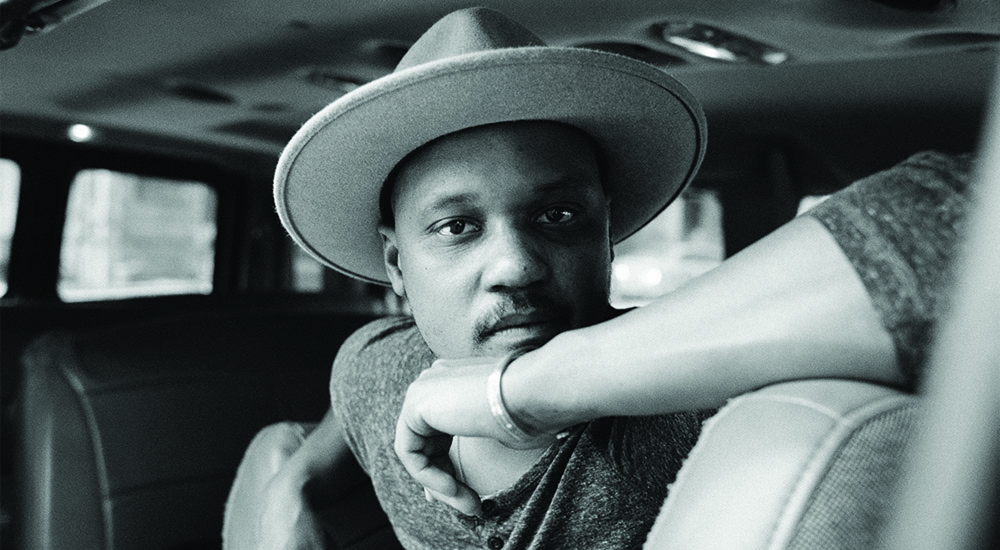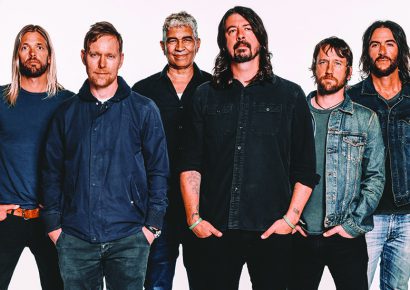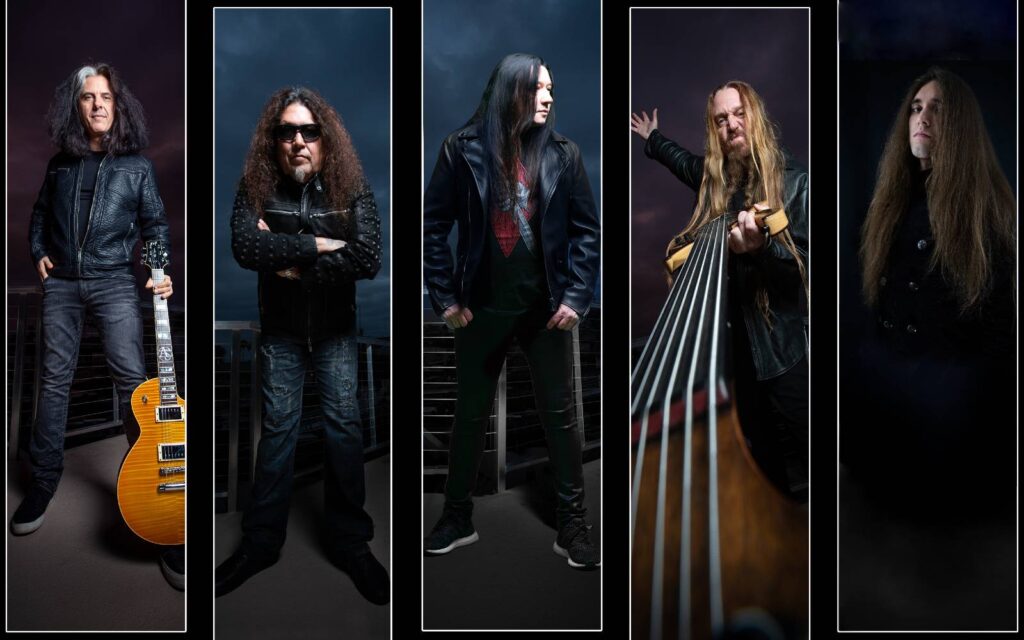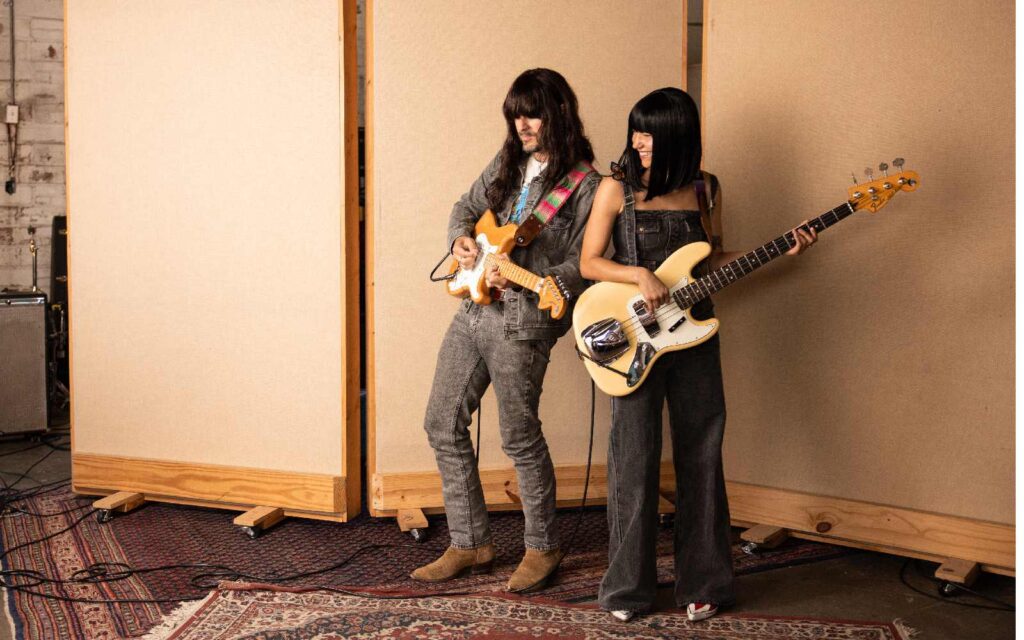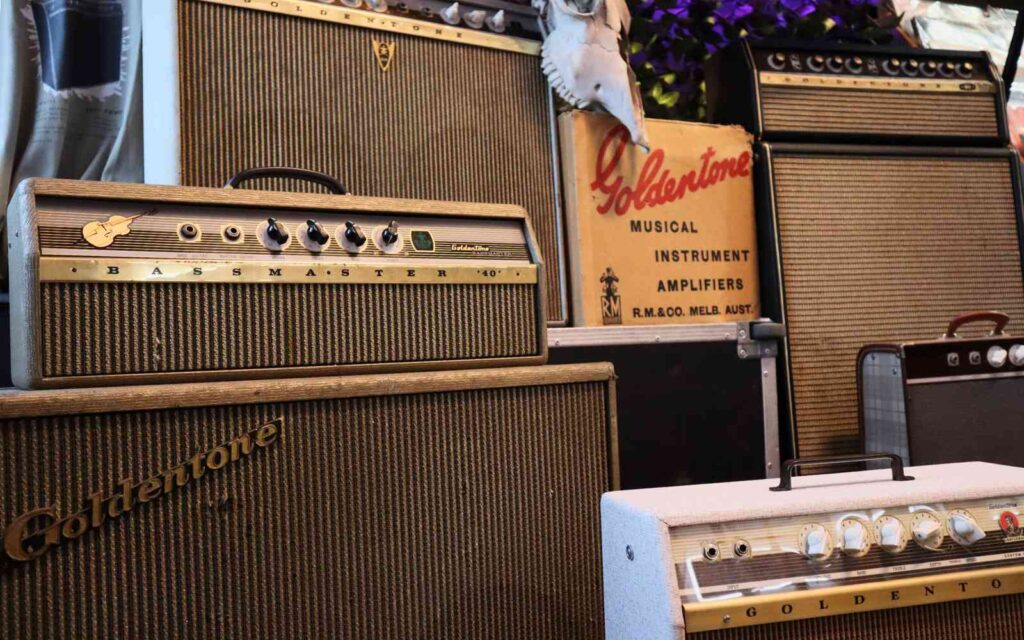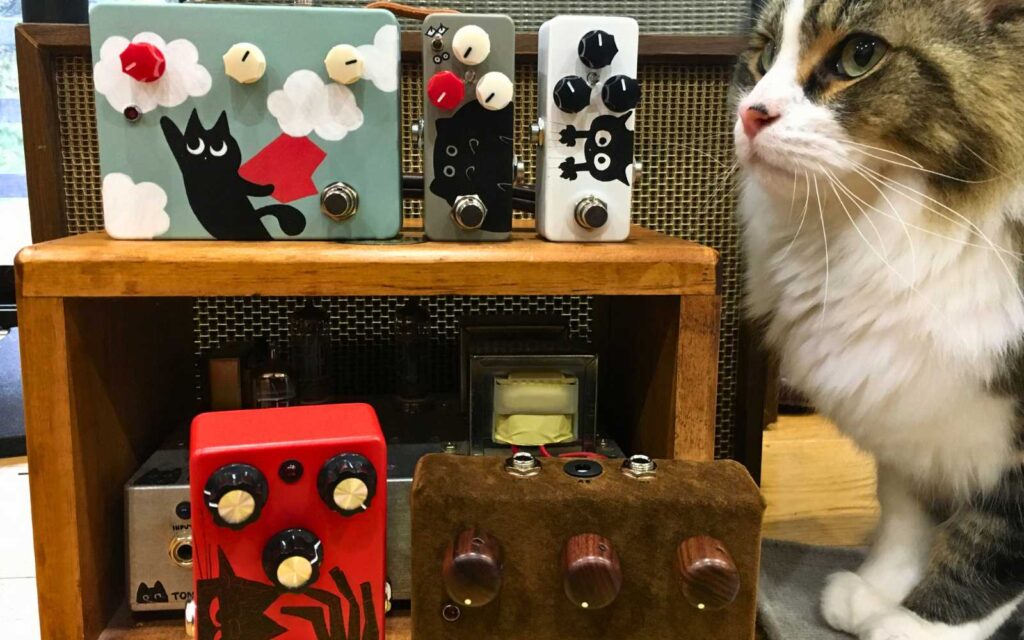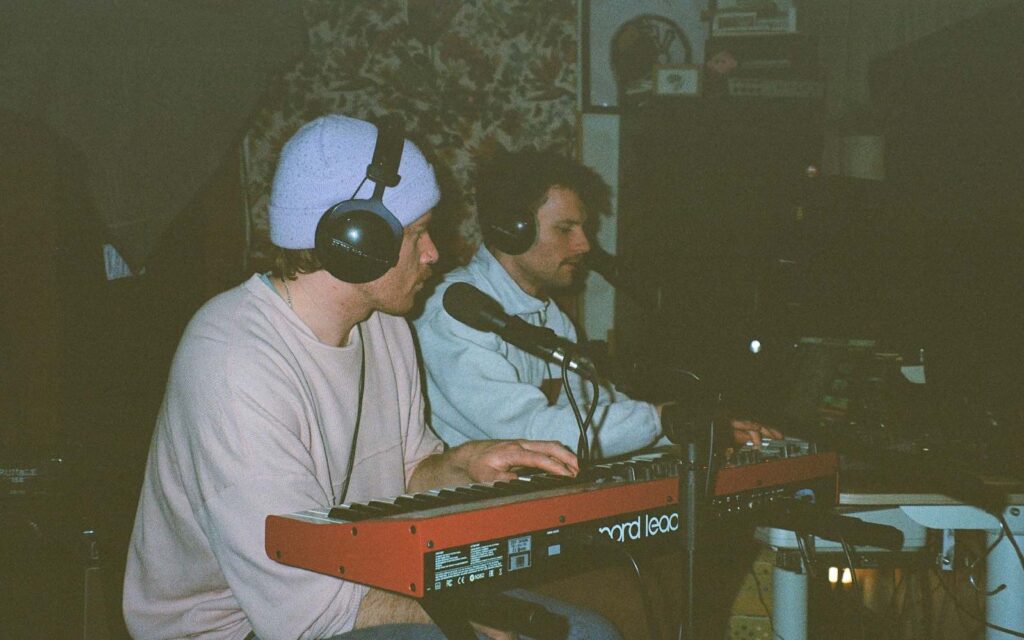“A lot of the things that I do now, I kind of learned in the Son Little years,” the singer explains. “Things from the first record, guitar and drum sounds, they kind of developed over time. I think what I’ve done now has been its own thing, though. It takes a while to know what it is. Sometimes people name their baby a week after the birth, you know? In another way, you name something, and then the thing you’ve named becomes the name.”
Across album reviews and past interviews, Son Little has found himself with amazing praise, but with a curious recurring caveat. Writers dwell over his ‘battered and beautiful soul’, or remark how he has shown us a ‘shaken but hopeful heart’. Picking apart personal hardship is the common theme, and I wonder how Livingston handles such scrutiny.
“It gets easier over time,” he says. “But I think the whole point is, I’m trying to say things with music that I can’t say otherwise. And when you get on stage, when you give into analysing songs, it’s kind of hard because to get something definitive out of something that is not always unambiguous is hard. But you know, I don’t mind when people do ask me about the songs. I mean, I talk about music constantly with people. We go on the road [and] it’s all we talk about. I’m constantly doing it anyway, so really it wouldn’t be fair if I didn’t allow for a little bit of that in interviews and things.”
It’s a nice coincidence talking with Livingston when I do, having recently visited both Philadelphia and New York. What struck me most about the former was the sense of faded industry, a city bordered by rusted warehouses and crumbling buildings. It’s a strange setting for the start of a musical career, but in part, as Livingston explains, this is the story of the US at large.
“There are lots of things that offset that storybook narrative,” he says. “The idea of independent, plucky Americans making a name for themselves gets turned on its head, because we have things like the opioid epidemic, the civil rights struggles. Those things chart a slightly different story. In Philadelphia, and in New York where I also lived as a kid, these are places where the story is conflict – everyone living right on top of each other.”
But within that conflict, there is also great fellowship and a wide pool of talent. Both of these cities have an astonishing history of not only industry, but art and culture that spread out across the globe and continue to inspire to this day. It remains as difficult as ever to forge a creative path that leads to success and longevity, but never before have musical palettes been so expansive.
“I’ve been fortunate to grow up with a lot of really great artists,” Livingston says. “Some that people know, some that no one has heard of. It can be difficult for an artist [who is] introspective to reconcile some of the things that you have to do to make yourself known. That’s a fairly common story for people, for other writers and singers maybe more so. I think one thing we have a wealth of here, and when I started coming into my own as a musician, there was a lot of really healthy competition. I doubt that I would have progressed the way I did without it.”
New Magic is out Friday September 15 through ANTI-
